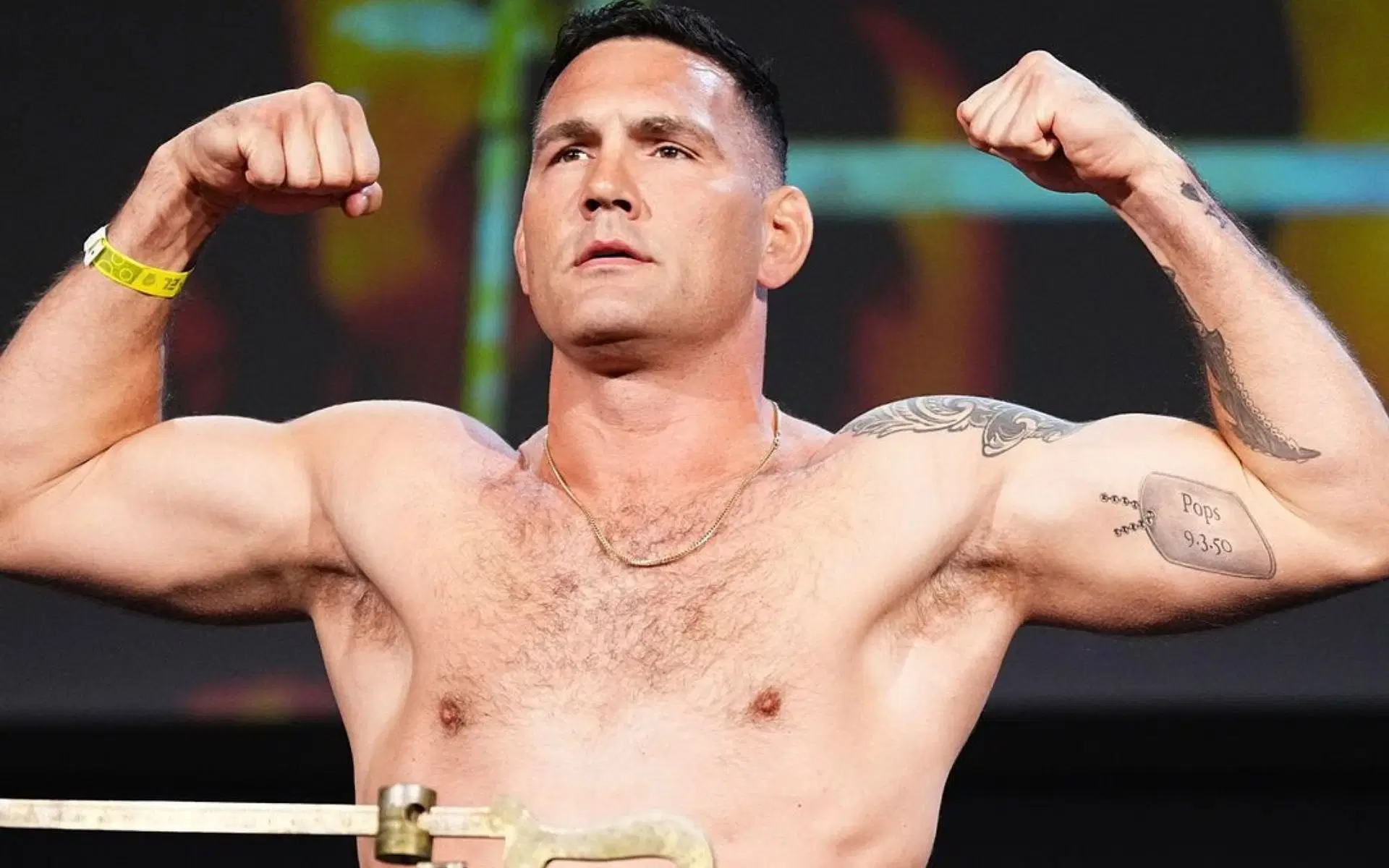Chris Weidman recently expressed frustration about not receiving his fight purse for a canceled bout against Eryk Anders at UFC 309. Anders withdrew from the fight just hours before it was scheduled to take place, citing food poisoning, leaving Weidman without a paycheck despite fulfilling his obligations.
Weidman’s Argument for Compensation
During an appearance on The Ariel Helwani Show, Weidman explained his disappointment with the UFC’s policy on canceled fights, saying:
“My show money is my win money. I have guaranteed money. So that was my point—like, I showed up, you guys had that on the budget sheet to begin with, you guys had a great night, why do you guys get to keep that money and I don’t?”
Weidman acknowledged the UFC’s stance, which prioritizes consistency:
“Their thoughts were, ‘Listen, this happens on like 40% of the cards, and if we paid people to not fight…’ They just want to be consistent on what they do in those situations.”
Weidman’s criticism stems from the financial and physical investment fighters make during training camps, even if a fight ultimately doesn’t happen.
Weidman vs. Anders Rescheduled
Although disappointed, Weidman is ready to move forward. Multiple reports indicate that the UFC plans to rebook the fight as a 195-pound catchweight bout at UFC 310 on December 7. Weidman confirmed the news by posting on social media:
“Let’s try this again! December 7th It is. #UFC310”
This will give both fighters another chance to face off after the disappointing cancellation.
Recent History
- Chris Weidman: Weidman’s last fight earlier this year resulted in a controversial unanimous decision win over Bruno Silva. The bout was marred by accusations of intentional eye pokes from Silva.
- Eryk Anders: Anders was coming off a unanimous decision victory over Jamie Pickett at UFC Vegas 87.
Key Takeaways
Weidman’s situation highlights the broader conversation about fighter compensation for canceled bouts, a recurring issue in the MMA world. As fans look forward to the rescheduled fight at UFC 310, it remains to be seen if policies like these will evolve to address fighters’ grievances.




